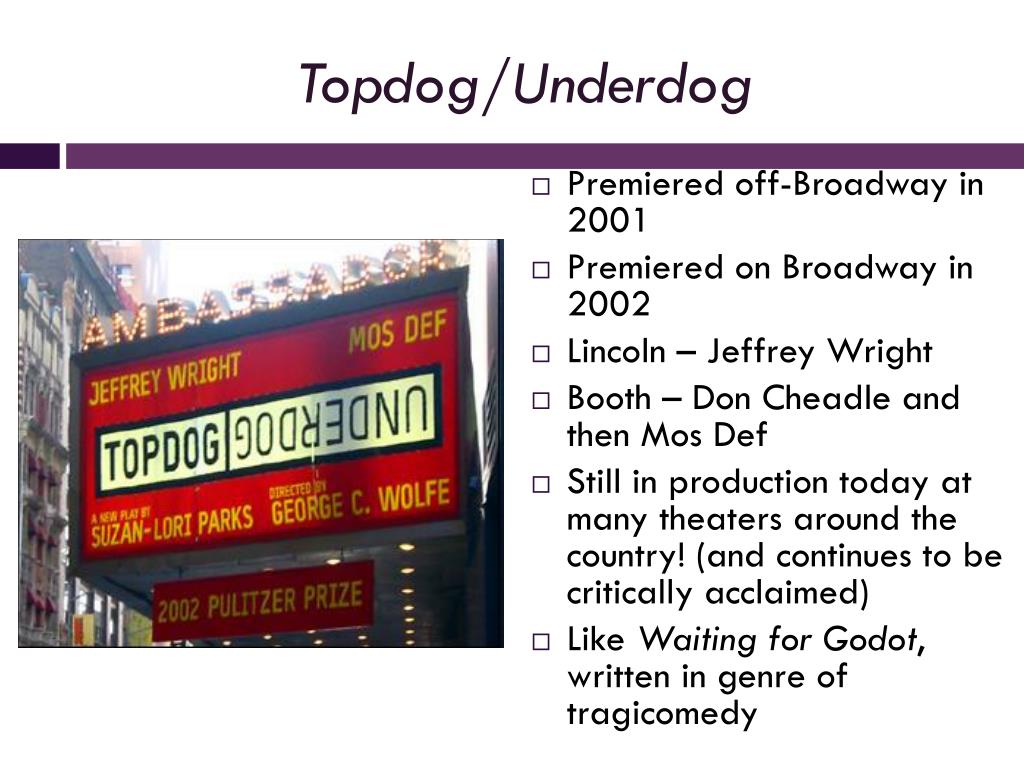
This combination of magnitude and specificity-this ability to use theatre to think and feel very particular things about sweeping historical subjects set in vast landscapes-has established Parks as a both a theatrical and literary artist, one who reinvents dramatic forms as she uses them.

Yet Parks avoids the traps of universalism and essentialism, for no matter how immense her stage picture, its poetry is always carefully attuned to the sound of specific peoples, places, and ideas. As for the dramaturgy she seems so effortlessly to have gifted to the contemporary theatre, it shares with visionaries like Robert Wilson and Reza Abdoh an understanding of the stage as an entire universe rather than merely a room. Her characteristic vision-that of a totally unsentimental eye viewing a dauntingly wide vista-puts her in the tradition of Mark Twain and William Faulkner, while her faith in the power of poetry to unearth historical truths buried beneath sedimented layers of racial prejudice and other lies recalls the exuberant politics of Walt Whitman. The large themes (and memorable titles) of such plays as The Last Black Man in the Whole Entire World, The America Play, and Venus have placed Parks securely within both the repertoire and the curricula of challenging contemporary theatre, where she has come to represent the hitherto untapped poetic potential of the American stage. Suzan-Lori Parks is perhaps the leader-certainly the exemplar-of that drama. In recent decades an alternative American drama has thrown wide the doors of traditional psychological realism to let in an expansive vision of American history, geography, and speech.

In lieu of an abstract, here is a brief excerpt of the content:


 0 kommentar(er)
0 kommentar(er)
